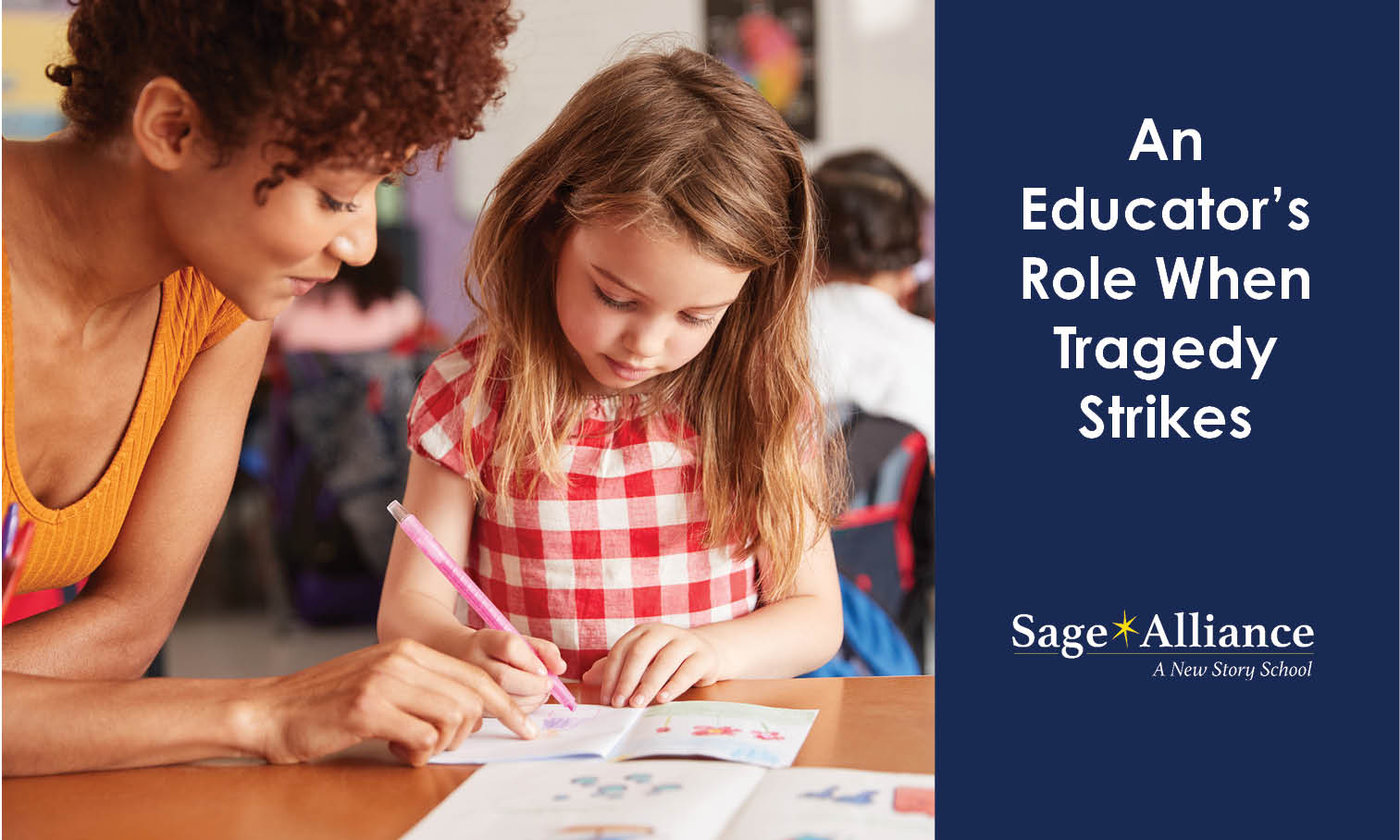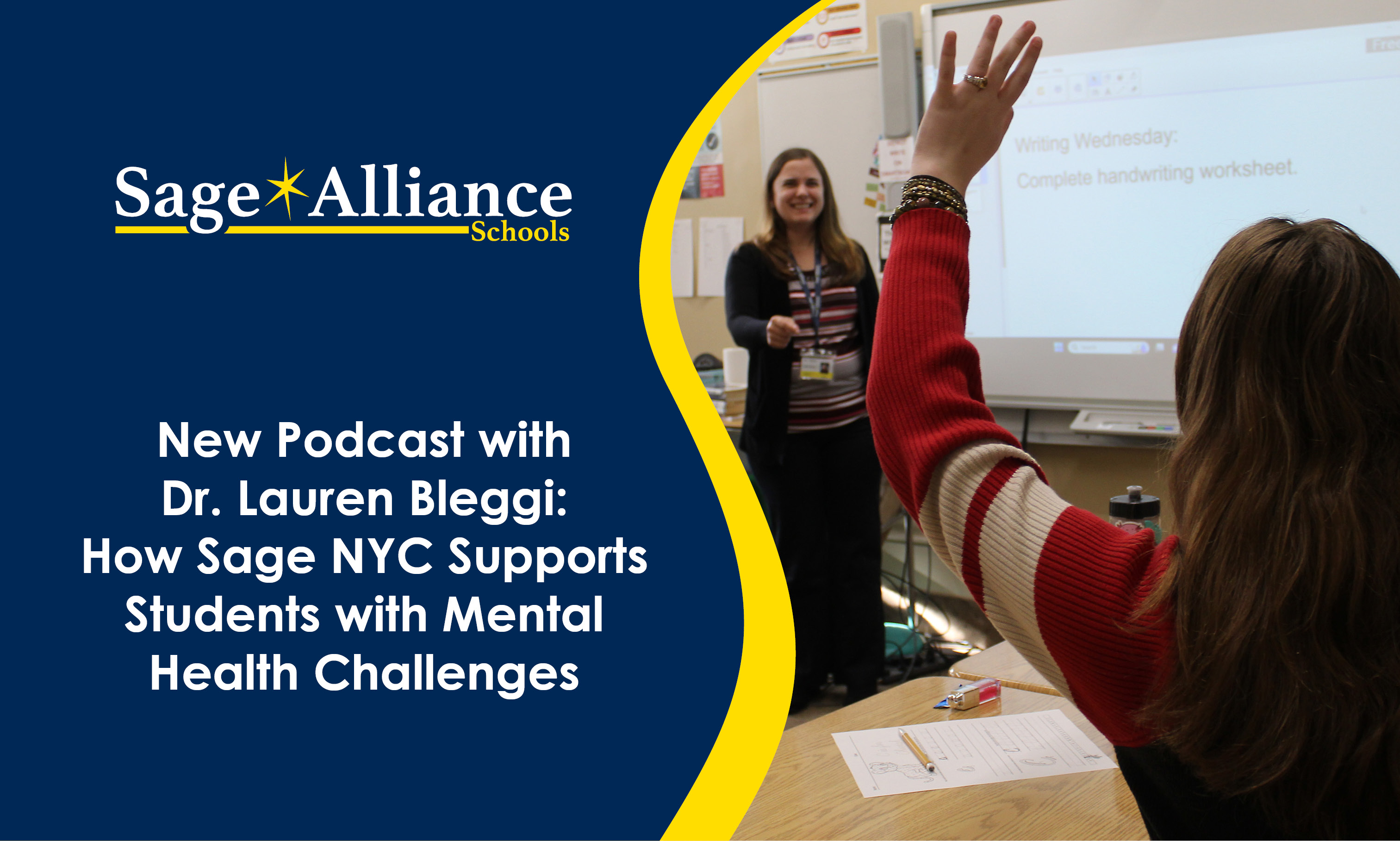An Educator’s Role When Tragedy Strikes
Posted: July 17, 2019 | Written By: | Category: Emotional Health

A classroom is a child’s home away from home—they should feel safe there. When tragedy
strikes, their world feels more unpredictable which causes anxiety on top of the grief that they
are feeling. Although there is no textbook answer on what to say in the aftermath of traumatic
events, here are some guidelines developed by the Child Mind Institute that may help you in the
right direction.
1. Recognize the Loss
The loss may be felt most intensely in the classroom if the loss of life was that of a teacher or
student, which can cause the students to feel very uncomfortable. It’s important to acknowledge
the loss.
2. Let Them Have Time to Talk
Students are more likely to feel comfortable talking to an adult they know than a stranger such
as a crisis expert. Listening to the kids’ thoughts, feelings, and concerns is the best thing that
you can do for them in a time like this.
3. Encourage Them to Ask Questions
Have group discussions and encourage them to open-up about their questions and concerns.
4. Respond to Safety Concerns
It’s important to reassure the students of the safety measures taken by the school and their
parents/guardians to make sure that they are protected.
5. Get Back into a Routine
Practicing the regular routines can be very comforting to the students.
6. Memorialize the Loss
To memorialize the loss, the students can write stories about their memories with that person,
draw pictures, or any number of healthy ways to remember the loss of their friend.
7. Be their Role Model
The students are constantly learning and modeling your behavior, especially in times of tragedy.
It is difficult to know exactly how to respond when tragedy strikes, but sometimes just being
there for someone is enough. Be sure to teach your students resilience, compassion, and
strength when they need it most. Although it seems impossible, “this too shall pass”.
Want to be notified of new articles and resources from Sage Alliance? Click here to submit your email and opt into our newsletter.









